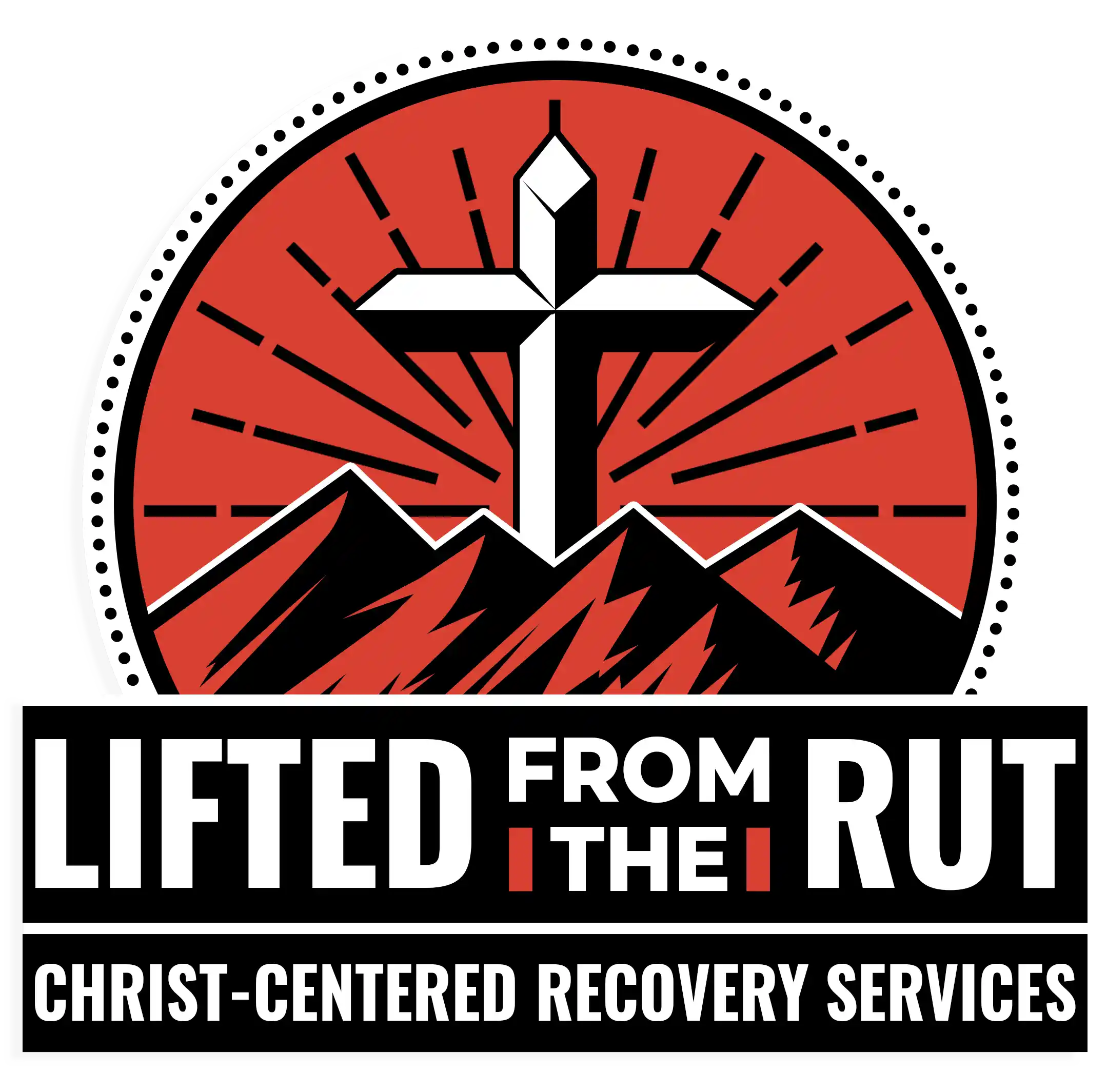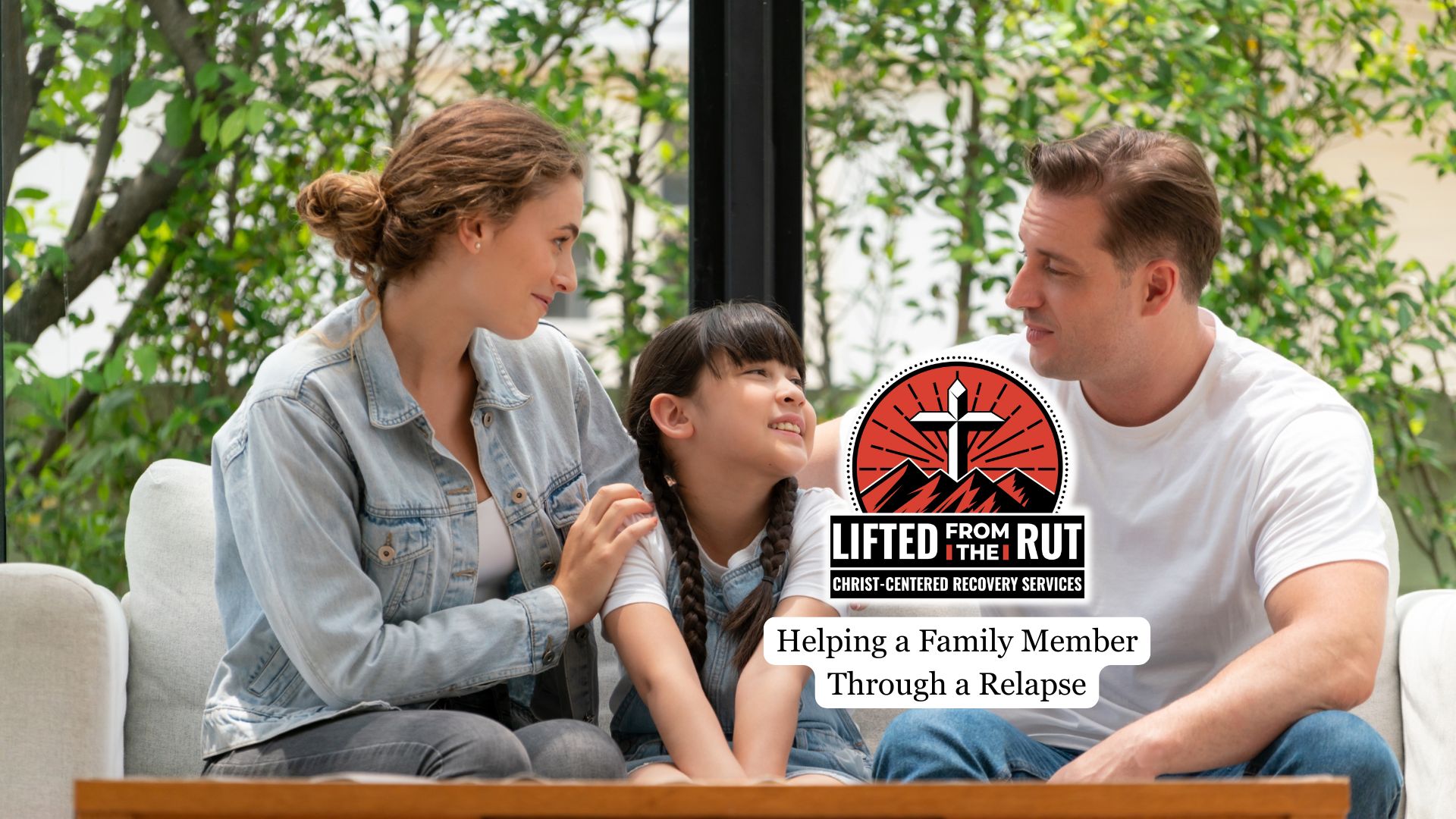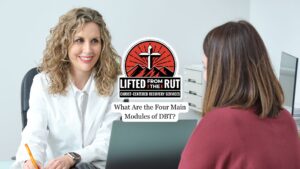When a loved one experiences a relapse, the impact often extends beyond the individual and affects the entire family system. Relapse is a recognized part of the recovery process, and understanding how to respond constructively can make a meaningful difference.
This article explains practical strategies families can use to provide informed support, set healthy boundaries, and preserve stability within the home environment while encouraging long-term recovery.
Recognize Relapse as Part of Recovery
Relapse is a common yet often misunderstood aspect of substance use disorder. Studies estimate that between 40% and 60% of people in addiction treatment will relapse at some point, underscoring that recovery is rarely a straight path.
Rather than signaling failure, this setback reflects the chronic nature of addiction and highlights the need for consistent support and prevention strategies. When families understand relapse in this context, they are better able to respond without judgment and remain engaged in the recovery journey.
Participating in a relapse prevention program can also provide valuable tools, peer support, and practical strategies to identify warning signs early and interrupt the cycle before it escalates.
Communicate with Compassion and Clarity
Supportive and nonjudgmental communication plays a critical role in recovery outcomes. Relapse often occurs for reasons such as stress, unresolved trauma, co-occurring mental health conditions, or exposure to environments linked to past substance use.
By keeping these underlying factors in mind, families can approach conversations with greater empathy and patience. Responding with affirmations like “This doesn’t mean you’ve failed” or “I believe you can get back on track” can help reduce guilt and encourage openness.
Instead of lecturing, prioritize active listening, give your loved one space to share their fears and challenges, and ask open-ended questions that foster trust and connection rather than criticism.
Establish Supportive Treatment Engagement Strategies
Families can play an active role in encouraging treatment without using force or ultimatums. One of the most effective methods is the Community Reinforcement Approach and Family Training (CRAFT), a structured, evidence-based program designed to help families support a loved one who is reluctant to enter treatment. Unlike confrontational interventions, CRAFT focuses on collaboration, empathy, and reinforcement of positive behaviors.
Research shows that CRAFT can achieve treatment engagement rates of over 60%, far higher than traditional intervention models. The program trains family members to recognize and reward healthy behaviors, reduce enabling patterns, and improve their own self-care while navigating the challenges of addiction.
Set Constructive Boundaries and Minimize Enabling Behaviors
Supporting a loved one through relapse means offering compassion without removing accountability. Boundaries such as keeping substances out of the home, refusing to provide financial bailouts, and not covering up the consequences create a safe and structured environment where recovery is respected. These limits are not acts of rejection but rather tools that protect both the family and the individual in recovery.

At the same time, families should be mindful of enabling behaviors, such as making excuses, paying debts, or minimizing the severity of relapse. While often done out of love, enabling unintentionally reinforces substance use and delays progress.
Leverage Family and Peer Support Systems
Family members often experience stress, confusion, and emotional strain, which can make it difficult to offer steady support. Peer-led support groups such as Families Anonymous, Al-Anon, and Nar-Anon provide a safe environment where relatives can learn about addiction, share experiences, and receive empathy from others navigating similar challenges. These programs reduce feelings of isolation while teaching families effective ways to cope.
By participating in such groups, individuals gain practical tools to address relapse, strengthen their emotional resilience, and avoid falling into patterns of blame or frustration. They also learn the importance of prioritizing their own well-being while supporting a loved one. Over time, this balance between empathy and self-care helps families build healthier dynamics, making recovery more sustainable for everyone involved.
Implement Relapse Prevention and Structured Recovery Plans
By working closely with healthcare providers, families and their loved ones can design individualized plans that identify triggers, outline coping mechanisms, and establish step-by-step actions to take during high-risk moments. This preparation fosters confidence, strengthens coping skills, and reduces the likelihood of relapse becoming a long-term setback.
Such planning also gives families a roadmap for how to respond during challenging times, ensuring consistency and reducing panic when stressors arise. Over time, relapse prevention strategies not only help the individual resist cravings but also empower families to feel more secure in their support role.
Prioritizing Self-Care While Supporting Others
Caring for someone in recovery can be emotionally and physically demanding, especially when relapse occurs. Without intentional self-care, family members may experience burnout, compassion fatigue, or even secondary trauma. Prioritizing personal well-being through activities like exercise, therapy, mindfulness, or simply taking time for rest ensures that everyone stays strong enough to offer sustainable support.
Self-care also includes maintaining healthy boundaries, which protect family members from enabling destructive behaviors or losing sight of their own needs. By investing in their mental and emotional health, relatives not only safeguard themselves but also model resilience and balance for their loved ones.
Final Thoughts from LFTR Christian Rehab Services
Relapse is a documented and expected part of the recovery process for many individuals living with substance use disorder. Rather than signaling failure, it provides an opportunity to evaluate the circumstances and triggers that contributed to the setback and to make necessary adjustments to a recovery plan.
At LFTR Christian Rehab Services, recovery is viewed as an ongoing process that requires consistent spiritual support and evidence-based interventions. Our relapse prevention program in Littleton, CO, is designed to help individuals and families regain stability through structured treatment in a supportive environment. For those seeking additional guidance after a setback, our clinical team provides the tools and resources needed to reestablish progress in recovery.





